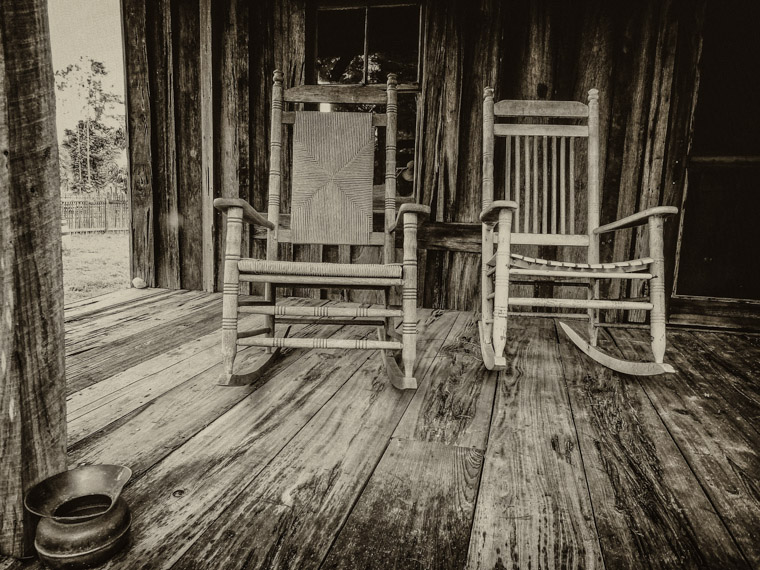It’s been a busy year in the virtual pages of FPR. Exciting things have been happening in what I believe is now called “meatspace”—we hosted our largest-ever conference celebrating the writings of Wendell Berry and we launched a print journal—but as 2019 winds to a close, it seems appropriate to remember some of the essays we’ve published here in the last 12 months. Even though our budget is virtually non-existent (on this Giving Tuesday, however, you could help remedy that), we have the opportunity to publish some really excellent essays. This is thanks to our authors who send contributions our way and to you all–our readers who read these essays, comment on them, and share them with others. This past year we’ve had 62% more readers than the previous year, and I hope the time you’ve spent here has enriched your ability to lead placed lives marked by a healthy respect for limits and the joys of true liberty.
Below, I’ve listed our 10 most-read essays over the past year (arranged chronologically). I’m proud we’ve been able to publish all of these. Even so, some of my personal favorites aren’t on this list, and I’m grateful that, since we don’t worship the metric gods, I can publish good essays without worrying whether they will “go viral” on social media. I’m also grateful that next year Matt Stewart will be joining us as an Associate Editor; among other things, we plan to revive the Brass Spittoon feature under his guidance. Thanks to you all for a great year on the porch, and, Deo volente, we look forward to a few more.
“Whose Nostalgia? Which Liberalism? Reflections on ‘Faith and Democracy in America.'” I summarized some of the central themes and tensions voiced at a conference Calvin organized last year in response to Deneen’s Why Liberalism Failed.
In her two-part series, “The American Bookstore: Prologue” and “The American Bookstore: A List,” Tara Ann Thieke praises local bookstores for the way in which they direct our attention toward the permanent things.
“Wanderlust Keeps us From Leading Meaningful Lives: Ralph Waldo Emerson and the Stoics.” Christopher Porzenheim warns against thinking that the “grass is always greener on the other side of the fence”: “Wanderlust is a vice, not a virtue. It encourages us to locate the sources of all our problems in the people and places we call home. This prevents us from being at home anywhere, because it locates home wherever we aren’t.”
“Abortion: Realpolitik, Kulturkampf, and Evangelization.” John Médaille considers what causes people to change their deeply-held moral judgments. Hint: it’s not well-reasoned arguments.
“Blessed Are the Working Poor.” D.L. Mayfield reviews Chris Arnade’s Dignity and reflects on how to live faithfully alongside those often ignored by our culture.
“What Makes Places Great?: A Hypothetical Dialogue between G.K. Chesterton and Milton Friedman.” John Howting draws on the published words of these two figures to imagine a conversation about place and loyalty.
“Can There be a National Conservatism?” Patrick Deneen addressed the National Conservatism conference, commending the growing skepticism toward globalism, but warning that nationalism may not be the best antidote.
“Wal-Mart Churches and the Need for Community.” Levi Secord connects megachurches to our centralized economic systems and argues both are detrimental to healthy communities.
“Two Forms of Despair.” Michial Farmer wrote a searing reflection on his motives for going into academia and the reasons he resigned his position. Some dreams deserve to die, but that doesn’t make their loss any less painful.
“Optionality and the Intellectual Life: In Gratitude for the Real World Risk Institute.” Joshua P. Hochschild summarizes the thinking of Nassim Nicholas Taleb and reflects on how this approach to risk and uncertainty has played out in his own life.








I really liked the one on Taleb and commented on it. It got me to read more by him. I already read Fooled by Randomness and The Black Swan.
Comments are closed.